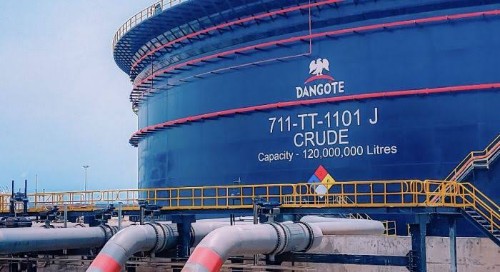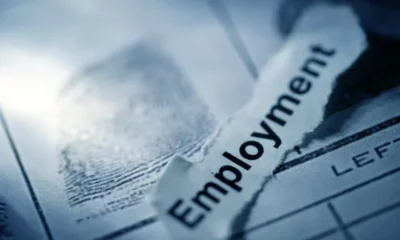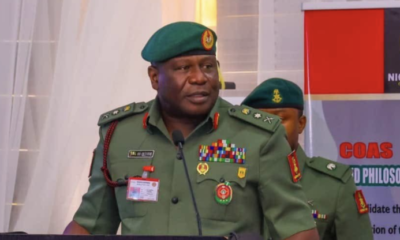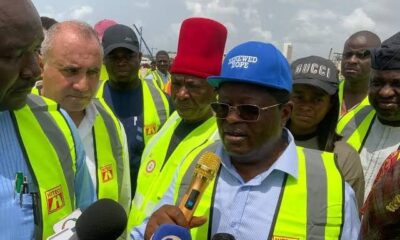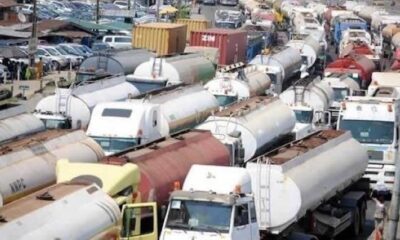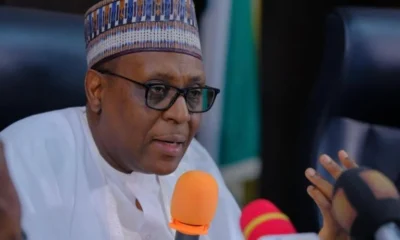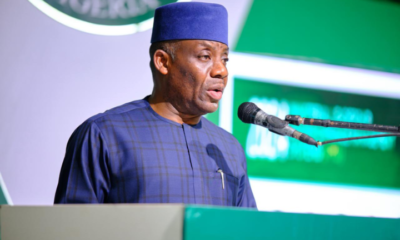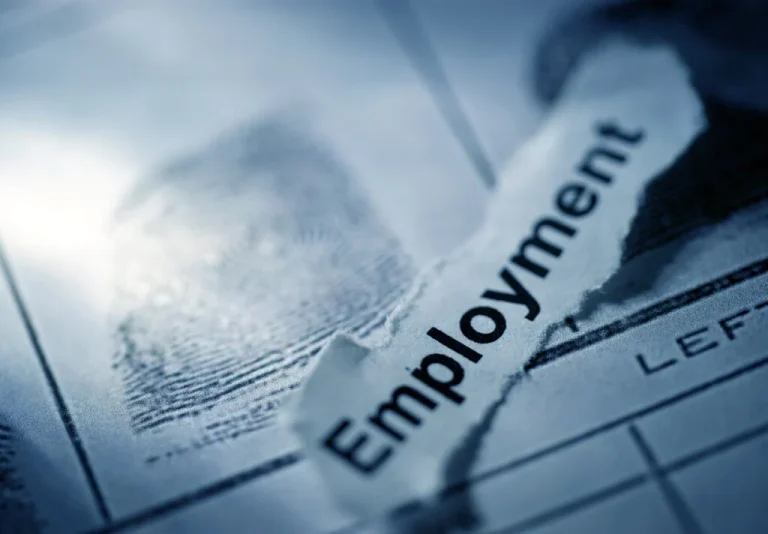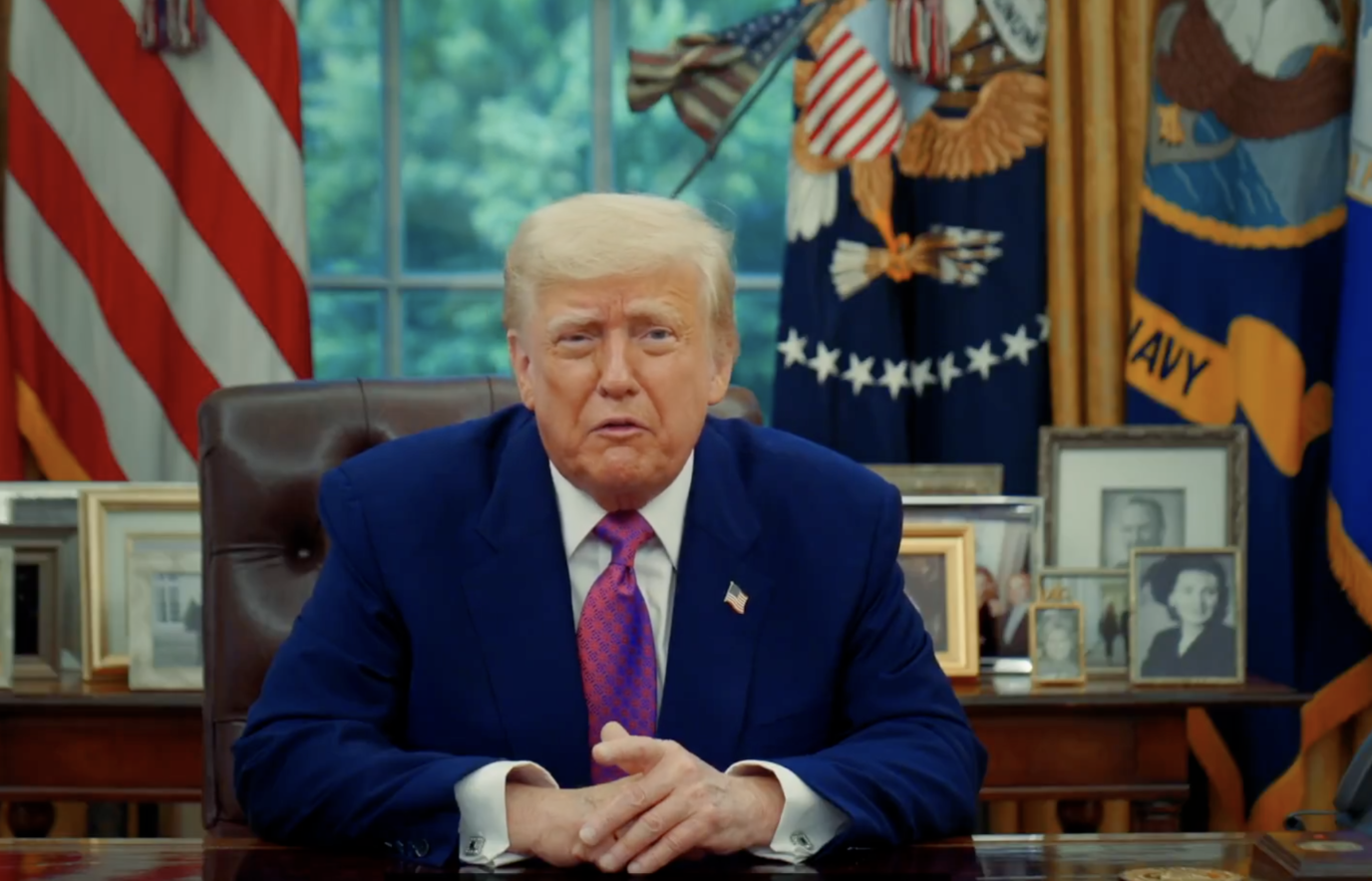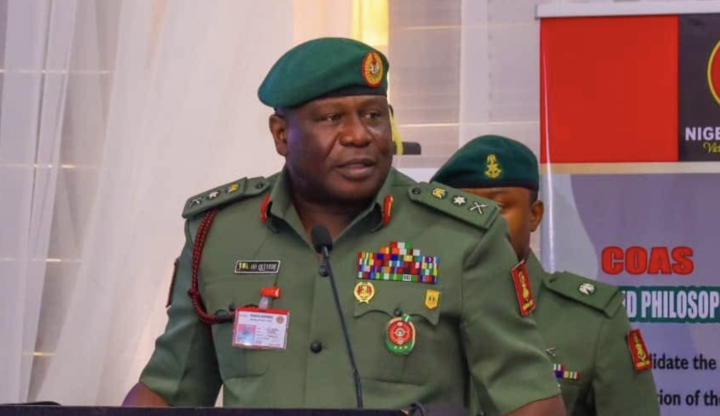Oil marketers are eagerly awaiting the price of Premium Motor Spirit (PMS), commonly known as petrol, from the Dangote Petroleum Refinery as the plant commences a production test-run of PMS before its release in September.
According to a Reuters report, the refinery is undergoing test runs for petrol production, with full operation expected to commence by mid-September.
However, IIR Energy, an oil industry monitor, noted that “it is possible that there could be further extensions” to this timeline.
Members of the Major Energies Marketers Association of Nigeria and the Independent Petroleum Marketers Association of Nigeria are still awaiting the price of the product from the $20bn plant.
The Federal Government’s committee, established to ensure the implementation of crude oil sales to local refineries in naira, had previously reached an agreement with the Dangote Petroleum Refinery for the rollout of petrol in September this year.
The spokesperson for Dangote refinery, Anthony Chiejina, had not responded to enquiries regarding the matter at the time of contact.
IIR Energy provides real-time, supply-side global market intelligence for the commodity trading community.
The report stated that the Federal Government also disclosed that the sale of crude oil to Dangote Refinery and other local refineries will commence on October 1, 2024.
The Minister of Finance and Coordinating Minister of the Economy, Wale Edun, announced this during a meeting with the Implementation Committee in Abuja.
Also at the meeting, the Executive Chairman of the Federal Inland Revenue Service, Dr Zacch Adedeji, and the Chairman of the Technical Sub-Committee reported that “The first PMS delivery from Dangote is expected next month under existing agreements.”
When contacted and asked whether the price of PMS from the refinery had been made known to marketers, the National Operations Controller of IPMAN, Mustapha Zarma, said oil dealers were still waiting for the cost of a litre of petrol from the refinery.
“There is no cost yet. When the product is available, they will release the cost. But they are test-running the plants now,” Zarma stated.
He, however, pointed out that oil marketers may not be able to buy petrol from Dangote refinery if the cost is the actual market price, stressing that the pump price of PMS is currently lower than the actual market price.
“Even if there is a price from the refinery, you cannot buy their product. At the prevailing retail price, you cannot buy their product. You can only buy it if they (Dangote) go into agreement with the government or unless the policy on petrol pricing changes,” Zarma stated.
The IPMAN official reiterated the recent revelation of the Nigerian National Petroleum Company Limited that the pump prices of petrol in Nigeria were far below the landing cost of the commodity.
MEMAN recently stated that the landing cost of petrol was around N1,117/litre.
Zarma said Dangote would not sell his product below his cost price, except if the government intervenes. The government, through NNPC, is the sole importer of petrol into Nigeria and it bears the burden of subsidising the cost of the product.
The President of Dangote Group, Alhaji Aliko Dangote, announced on May 18, 2024, that from June, the refinery would begin producing petrol, adding that Nigeria would not have to import the product again.
In June, he stated that due to a minor delay, the refinery would commence petrol supply in July.
The July target was then moved to August before the government announced on August 20 that the plant would release PMS in September.
An official of MEMAN stated that the refinery was taking its time to ensure that the product meets the required specifications for the country.
The official, who spoke to our correspondent in confidence due to lack of authorisation to speak on the matter, also explained what the test-run of PMS by the plant entails.
He said, “Under normal circumstances, when you make your product, you are not making it in a bucket, you are making it to fill massive tanks. Because when you start selling, you are going to be selling in ships. So, you make several millions of litres and you keep blending and testing until it reaches the right specifications.
“It is like when you are cooking a soup, when you put salt, you taste it, when you put seasoning you taste and that is how you continue until you reach the right taste. It is the same thing when they continue to blend and blend until it reaches the required specification.
“You blend, you mix it and you test if it has the right specs; if it’s not, you mix some more and blend it; you adjust your refinery, blend it, and test it. You keep blending and testing until it reaches the right specification. When it reaches the right specification, then you push up.”

 BIG STORY4 days ago
BIG STORY4 days ago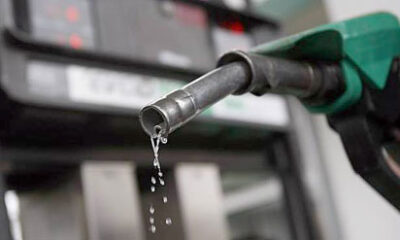
 BIG STORY2 days ago
BIG STORY2 days ago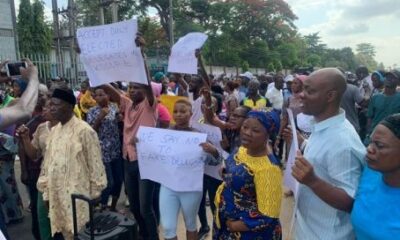
 BIG STORY4 days ago
BIG STORY4 days ago
 BIG STORY4 days ago
BIG STORY4 days ago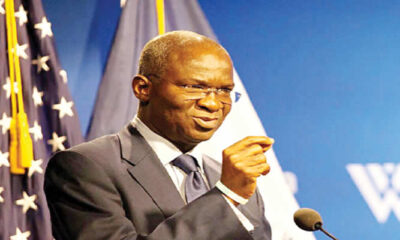
 BIG STORY2 days ago
BIG STORY2 days ago
 BIG STORY3 days ago
BIG STORY3 days ago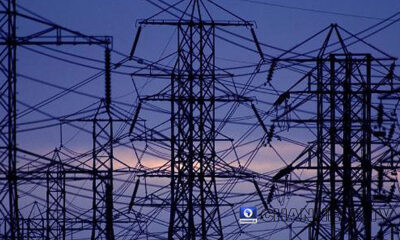
 BIG STORY4 days ago
BIG STORY4 days ago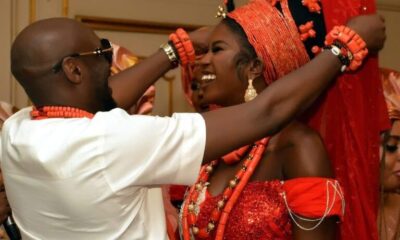
 BIG STORY1 day ago
BIG STORY1 day ago




